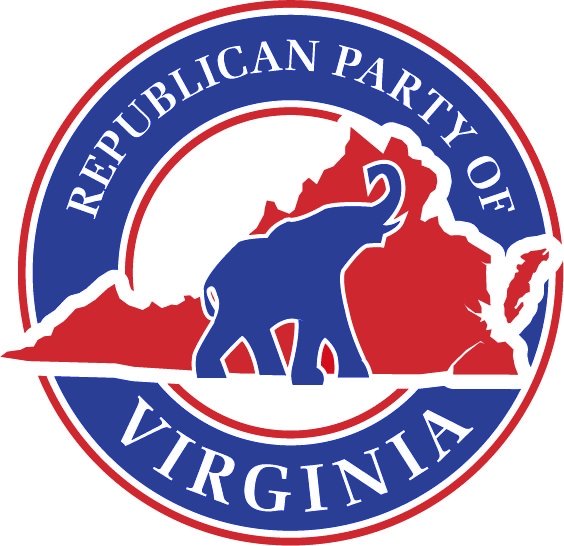Like most politically aware citizens of the Commonwealth, I have been fascinated by the brouhaha or hullabaloo that has overtaken 97th House District’s political shenanigans. Living in Northern Virginia, we very seldom have such entertaining political infighting. Most times we are lucky to interest enough people to attend a Legislative District Committee meeting or find a candidate willing to run for office.
All of this makes me wonder if anyone has taken a deep breath and stepped back from all the drama consuming the aftermath of the 97th Convention to nominate a candidate to help Republicans keep the General Assembly in the Republican column.
Before proceeding let me say that I don’t have a dog in this fight and I don’t know either person vying for the nomination.
What I would like to do is to step back and see why we keep having this political B.S. around Virginia, when we are in danger of losing the House and Senate to the Socialist-Democrats and their absurd agenda.
My first question is why do we have four types of nominating processes? When did they appear on the political scene and why were they created in the first place? Those processes are:
- Primaries
- Conventions
- Mass Meetings
- Firehouse Primaries.
Base Republican voters have been subjected to armed camps regarding Primaries vs. Conventions since the TEA Party awakened to the prospect that Obama and the Socialists were trying to fundamentally change America and that there was an element of the Republican Party that agreed with the globalist agenda but just wanted to be in charge of the one world government.
The TEA Party movement determined that primaries gave the incumbent an unfair advantage in the nominating game and Establishment types were surprised by the unrecognized advantage conventions had for grassroots activists, who could marshal their activists to register and show up for a time consuming, multi-ballot, convention format.
Maybe it is time to reevaluate the RPV Party Plan and reduce the four nominating choices and their myriad options into a single well-documented process that is candidate neutral, straight forward with a minimal number of legal maneuvers, simple to organize, relatively inexpensive to produce, and scalable from Soil and Water Commissioners to Congressional Representatives.
It appears to me that trying to explain the convoluted, approved approaches currently in the Party Plan only serves to keep the Republican Base from participating in our internal party organization.
There are several areas that would need to be addressed in over-coming the staid party plan and the party’s corporate culture:
- Convince RPV Leadership (including State Central Committee) that fixing the party plan would be good for the party.
- Overcome resistance from those that benefit from keeping the mess the way it is, mainly, Lawyers, Campaign Operatives, and Caucus Donors come to mind.
- RPV would have to implement a statewide membership system so that only Republican Members in good standing are allowed to participate in our nominating process. Remember we are a private organization, not much different from a labor union or American Legion organization.
- There may be a need to identify and/or change state election law that would interfere with RPV taking their nominating process private.
- Change the Party Plan to eliminate the current four approaches and replace them with the approach approved by RPV.
Several years ago I was asked by Chairman John Whitbeck to prepare a Strategic Plan for RPV. Four team members worked for about one and a half months in drafting a thirty-page plan. It never saw the light of day. I am not optimistic that evaluating the current approaches to nominating our candidates will ever be considered. Maybe the pain of loss is not great enough yet to provide the motivation necessary to make changes. Déjà vu All Over Again!

